América del Sur/Venezuela/24.07.18/Fuente: www.ultimasnoticias.com.ve.
La Fundación Venezolana de Investigaciones Sismológicas (Funvisis) iniciará a partir de noviembre de este año un evento de alfabetización sismológica especial denominado “En cascada”, que consistirá en la preparación de 168.400 facilitadores en la materia en todo el país.
La meta es que “en un lapso de un año y durante 40 semanas consecutivas podamos llegar con los contenidos a adultos y niños. La idea es que todos por lo menos una vez al año recibamos esos contenidos para que estemos preparados en caso de un sismo”, explicó el presidente de Funvisis, Roberto Betancourt.
Para apuntalar también la preparación en cultura sismológica, Funvisis, comenzará el 17 de agosto una campaña piloto en el Metro de Caracas, a partir de una actividad pautada en la estación Propatria de la línea 1 del sistema, a fin de preparar a la población acerca de qué hacer antes, durante y después de un terremoto.
“La meta que nos estamos imponiendo a partir de octubre de este año, y cada año, es llegar a 35 millones de venezolanos, 8 millones de hogares, para que todos seamos capaces de dar la respuesta apropiada ante un evento de este tipo, señaló Betancourt.
Invitó al sistema nacional de medios públicos y privados a sumarse a estas campañas de formación en torno a eventos y estudios sísmicos, dado que Venezuela es un país sísmico.
Destacó el éxito del programa Aula Sísmica “Madeleilis Guzmán” para ampliar los contenidos no solo a estudiantes de Educación Básica, sino a adolescentes y adultos.
Dijo que el 2 de agosto lanzará la página web www.funvisis.gob.ve, renovada con toda la información “ y tienen disponible el teléfono 0800TEMBLOR (0800-8362567) para atender inquietudes de la población”, indicó Betancourt.
Fuente de la noticia: http://www.ultimasnoticias.com.ve/noticias/comunidad/funvisis-reforzara-educacion-sismica/

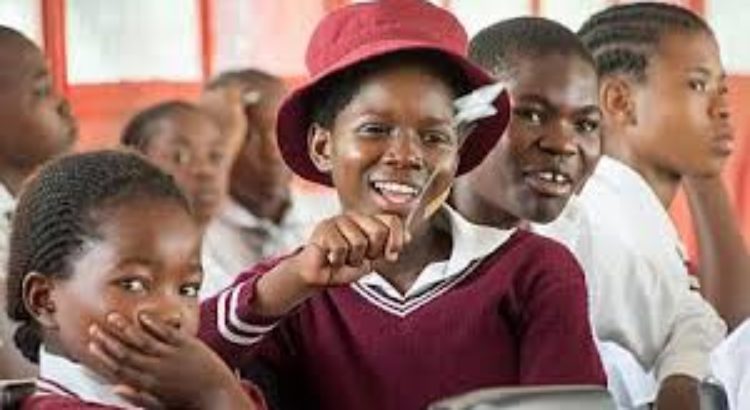
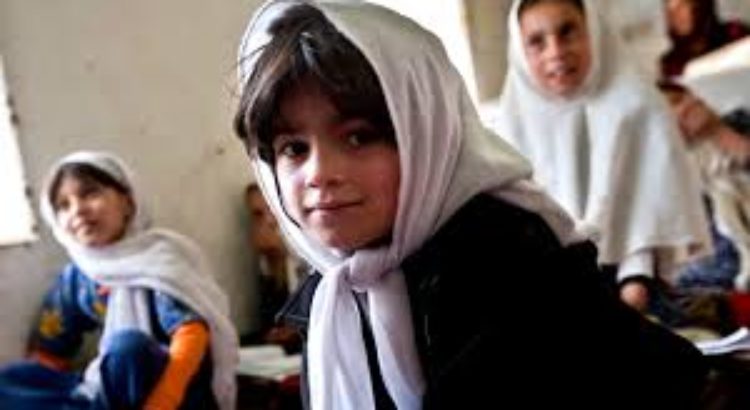
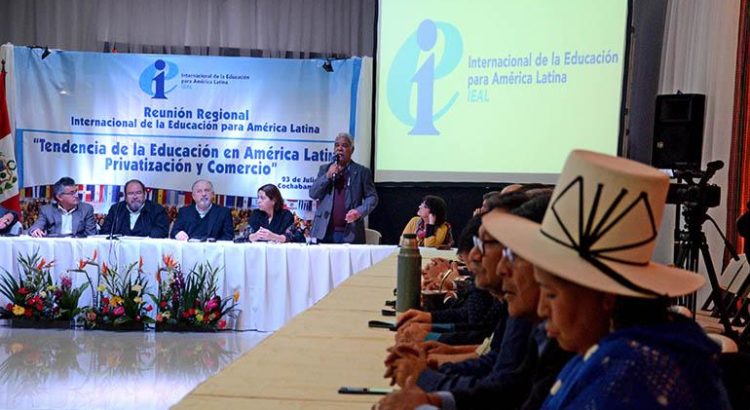
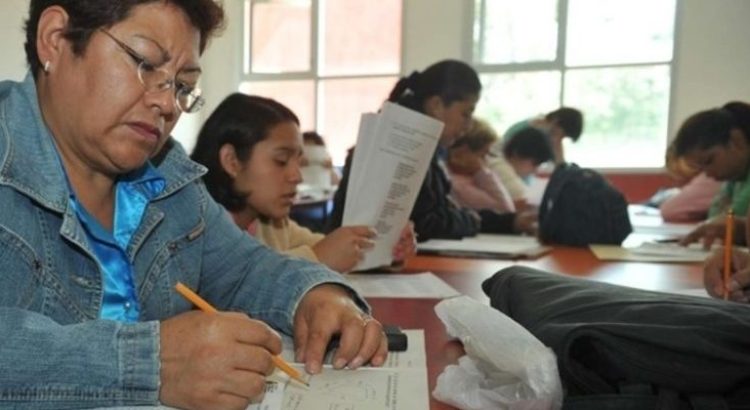
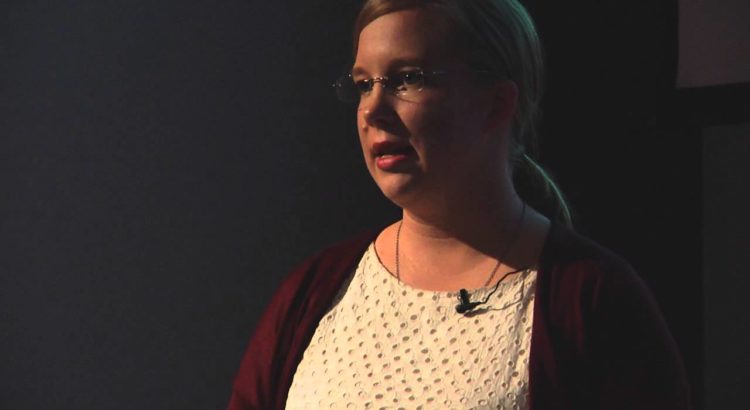
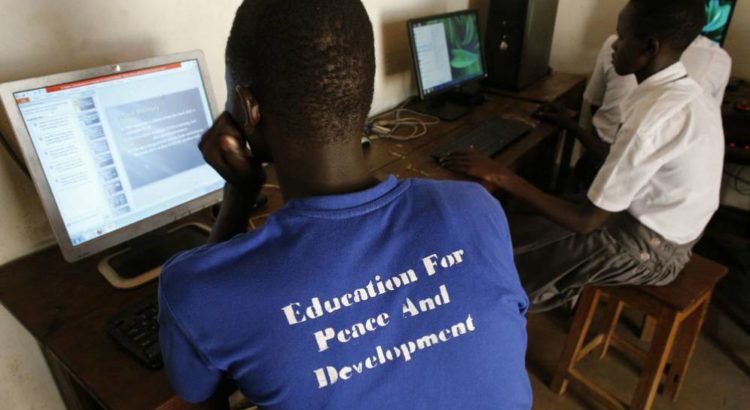







 Users Today : 69
Users Today : 69 Total Users : 35419059
Total Users : 35419059 Views Today : 91
Views Today : 91 Total views : 3353124
Total views : 3353124